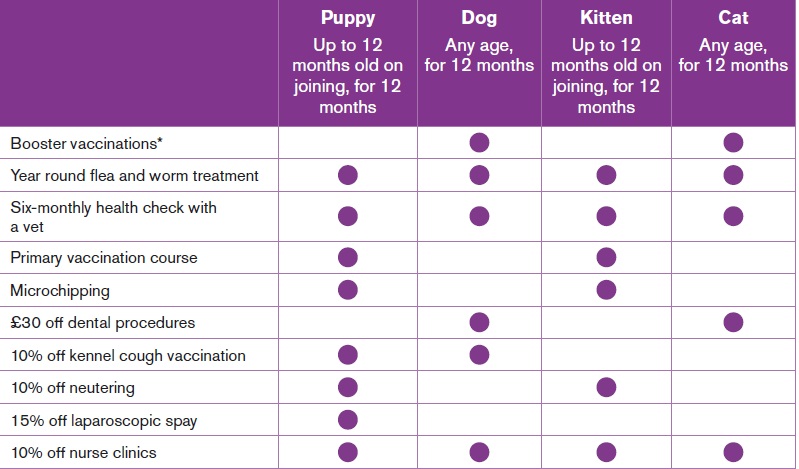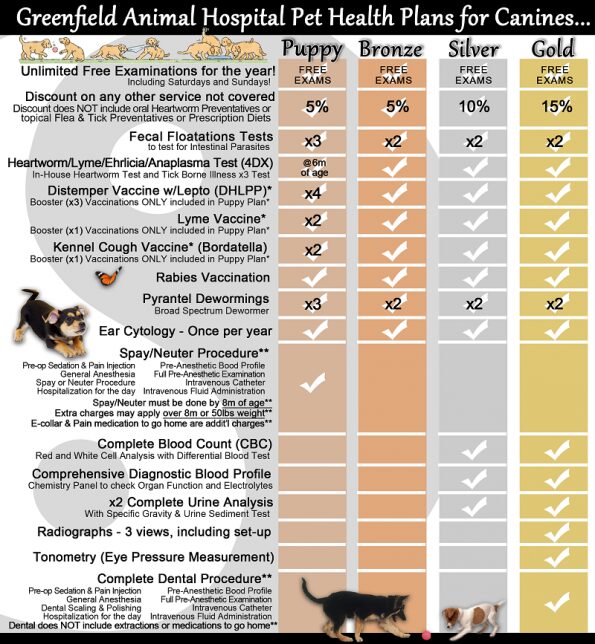“Until one has loved an animal, a part of one’s soul remains unawakened.” – Anatole France
Caring for a dog goes beyond providing food and shelter; it encompasses a holistic approach to health and well-being. According to the American Pet Products Association, 67% of U.S. households own a pet, with dogs being the most popular. With such a significant number of families welcoming dogs into their homes, it’s imperative to establish a comprehensive health care plan to ensure our furry friends live long, happy lives.
Understanding the Importance of a Health Care Plan
A health care plan for your dog is essential for several reasons. Firstly, it ensures that your dog receives regular veterinary care, which can prevent many health issues. Secondly, it helps in early detection and treatment of diseases, which can be crucial for your dog’s long-term health. Lastly, it provides a structured approach to your dog’s nutrition, exercise, and overall well-being.
Components of an Effective Health Care Plan
Creating a health care plan for your dog involves several key components:

1. Regular Veterinary Check-ups
Routine vet visits are the cornerstone of any good health care plan. It’s recommended to have at least one annual check-up, though puppies and senior dogs may require more frequent visits. These check-ups allow your vet to monitor your dog’s health, update vaccinations, and catch any potential health issues early.
- Vaccinations: Ensure your dog receives core vaccines, such as rabies, distemper, and parvovirus, and discuss any non-core vaccines that may be necessary based on your dog’s lifestyle and environment.
- Dental Care: Regular dental check-ups are crucial as dental disease can lead to other serious health issues. Brush your dog’s teeth regularly and consider professional cleanings as advised by your vet.
2. Nutrition and Diet
A balanced diet is vital for your dog’s health. Consult your veterinarian to determine the best diet for your dog’s age, breed, weight, and health conditions.
- Quality Food: Choose high-quality dog food that meets the nutritional requirements set by the Association of American Feed Control Officials (AAFCO).
- Portion Control: Avoid overfeeding to prevent obesity, which can lead to various health problems such as diabetes, arthritis, and heart disease.
- Special Diets: If your dog has specific health issues, such as allergies or kidney disease, a special diet may be necessary. Your vet can guide you in selecting the right food.

3. Exercise and Mental Stimulation
Exercise is crucial for maintaining your dog’s physical and mental health. The amount and type of exercise will depend on your dog’s breed, age, and health.
- Daily Walks: Most dogs need at least one or two daily walks. This helps with physical fitness and provides mental stimulation through new sights and smells.
- Playtime: Engage your dog in play activities, such as fetch or tug-of-war. Interactive toys and puzzles can also provide mental stimulation.
- Training: Basic obedience training not only ensures good behavior but also strengthens the bond between you and your dog.
4. Preventive Medications
Preventive care is key to avoiding many common health issues.
- Flea and Tick Prevention: Use preventive medications to protect your dog from fleas, ticks, and the diseases they carry.
- Heartworm Prevention: Administer heartworm prevention medication as recommended by your vet, especially in areas where heartworm is prevalent.
- Regular Deworming: Keep your dog free from intestinal parasites by following a regular deworming schedule.
5. Grooming and Hygiene
Regular grooming is essential for your dog’s comfort and health.
- Bathing and Brushing: Bathe your dog as needed based on their breed and activity level. Regular brushing helps to remove loose fur and prevent matting.
- Nail Trimming: Keep your dog’s nails trimmed to avoid discomfort and potential injury.
- Ear and Eye Care: Clean your dog’s ears and eyes regularly to prevent infections.
Addressing Common Challenges
Creating and maintaining a health care plan for your dog can come with challenges. Here are some common issues and how to address them:
- Busy Schedules: If you have a busy lifestyle, consider hiring a dog walker or pet sitter to ensure your dog gets regular exercise and care.
- Financial Constraints: Pet insurance can help manage the costs of veterinary care. Additionally, many vets offer payment plans for more expensive treatments.
- Behavioral Issues: Consistent training and possibly consulting a professional dog trainer can help manage and correct behavioral problems.

Bringing It All Together
A comprehensive health care plan is vital for your dog’s well-being. By prioritizing regular veterinary care, proper nutrition, adequate exercise, preventive medications, and grooming, you can ensure your furry friend enjoys a healthy, happy life. Remember, a well-cared-for dog is not only a joy to have around but also a reflection of your dedication and love as a responsible pet owner.
In the end, the investment you make in your dog’s health is one of the most rewarding aspects of pet ownership. Every tail wag, joyful bark, and contented sigh is a testament to the care and love you provide. Start creating your dog’s health care plan today, and watch your best friend thrive.





















